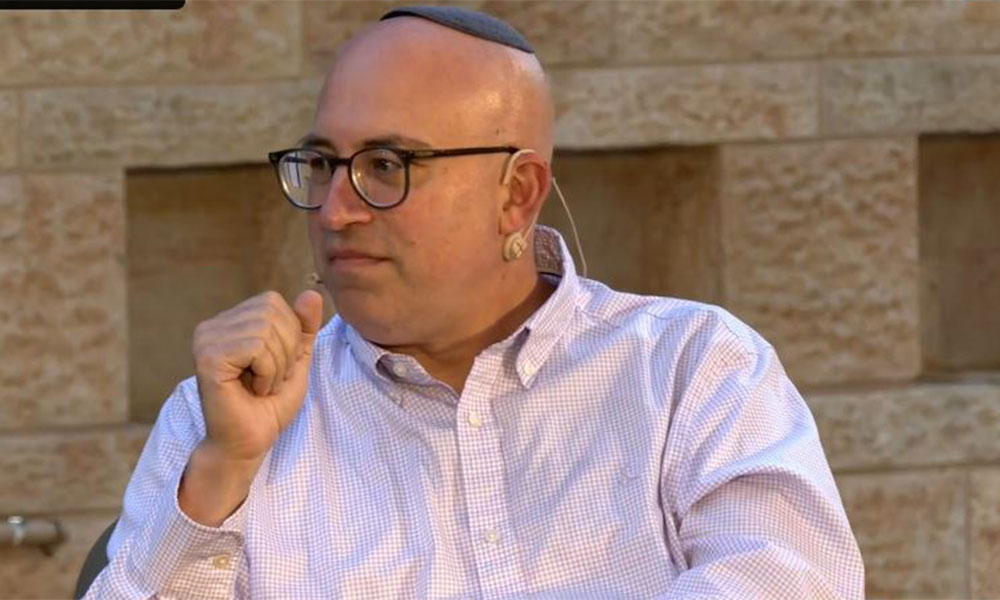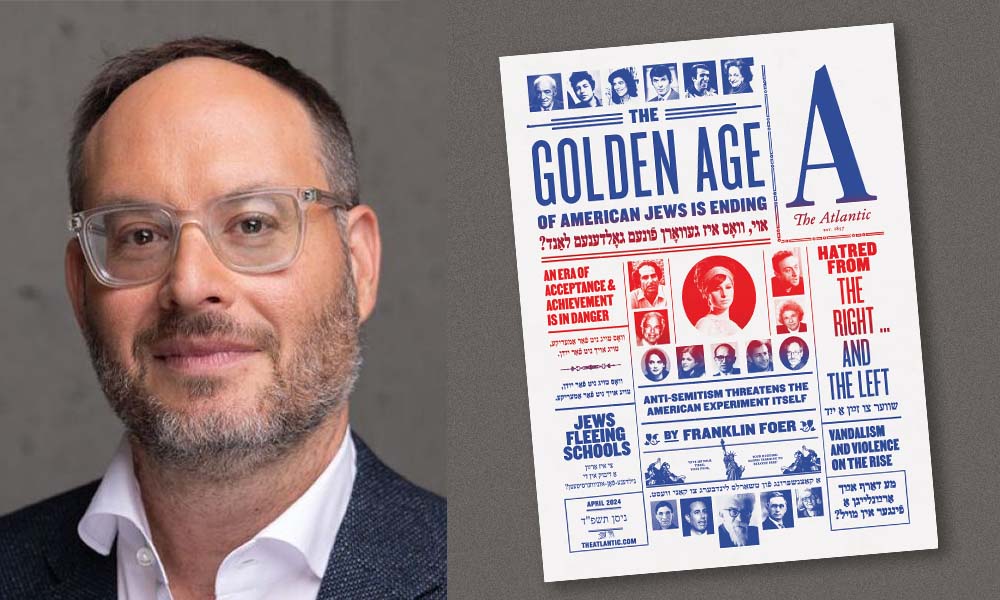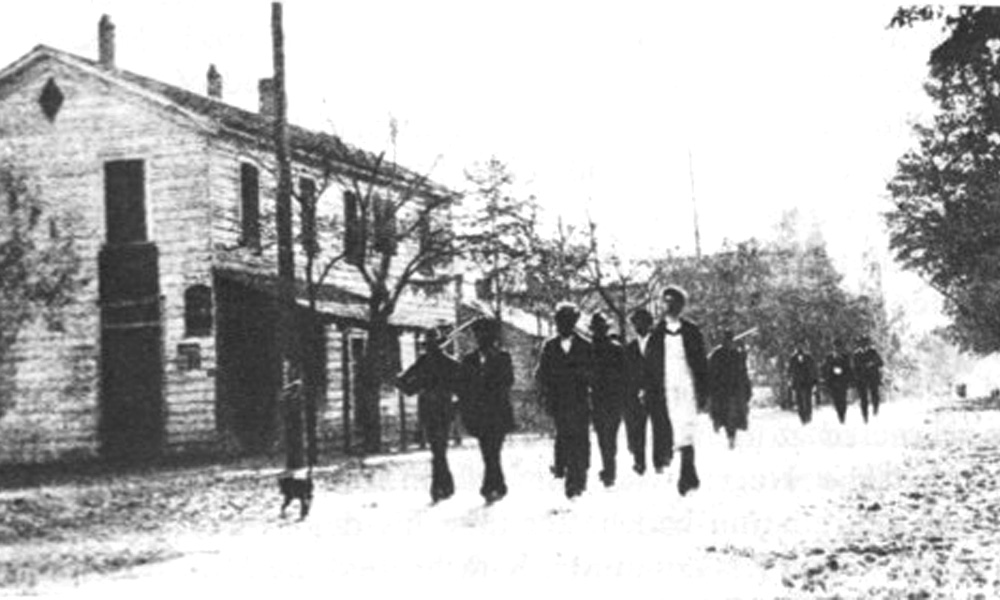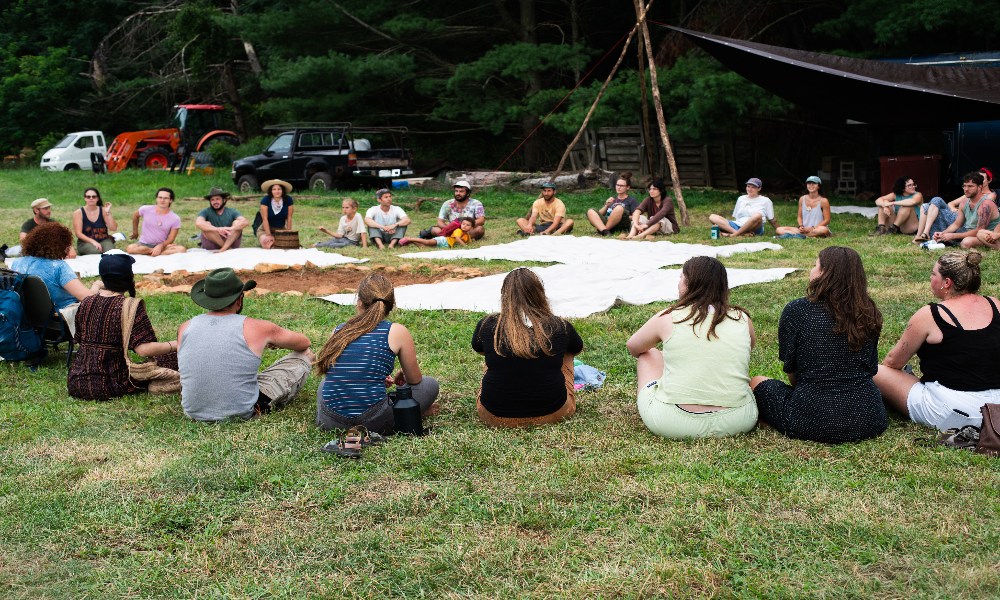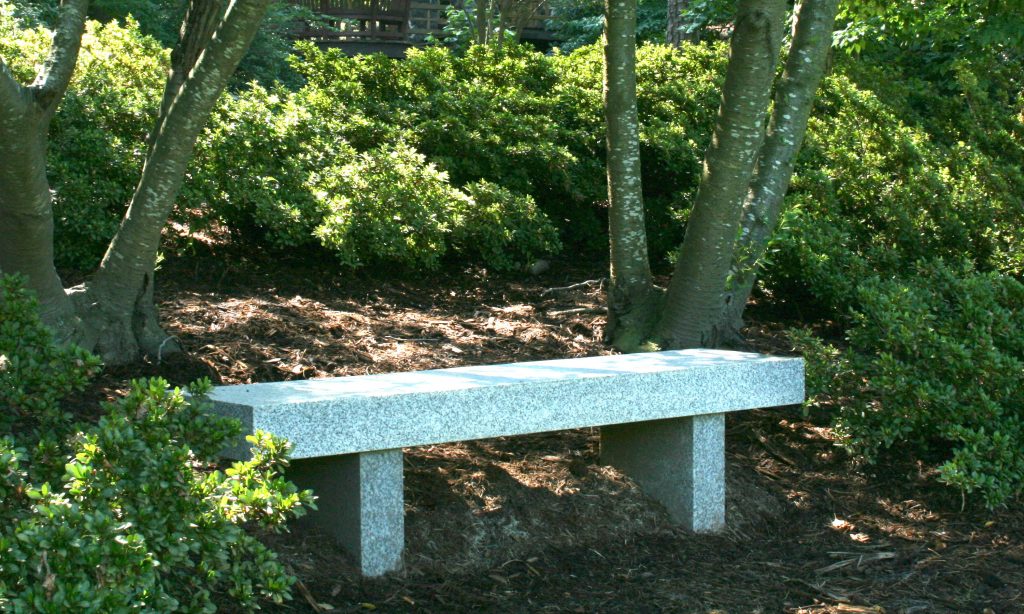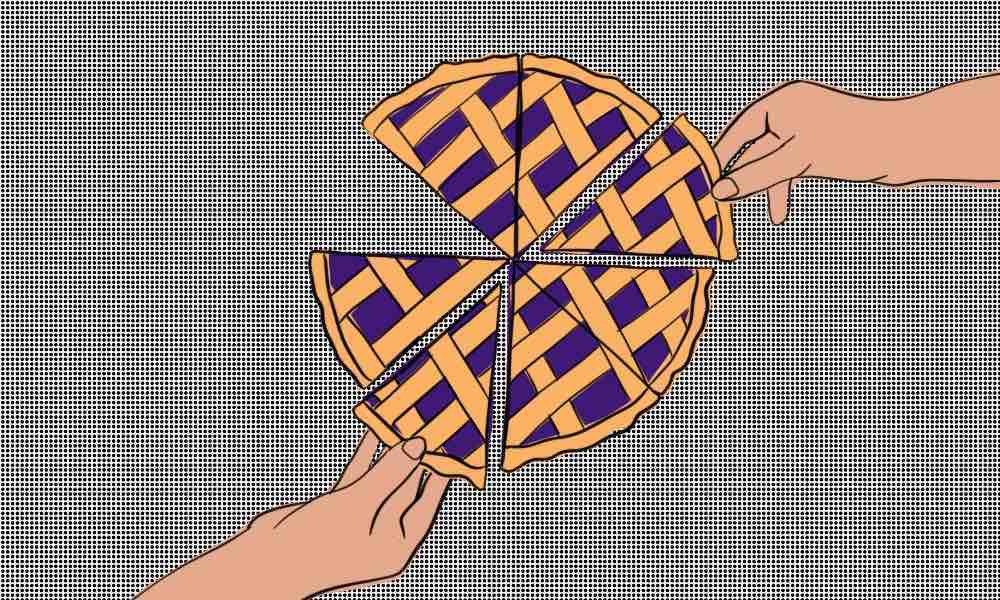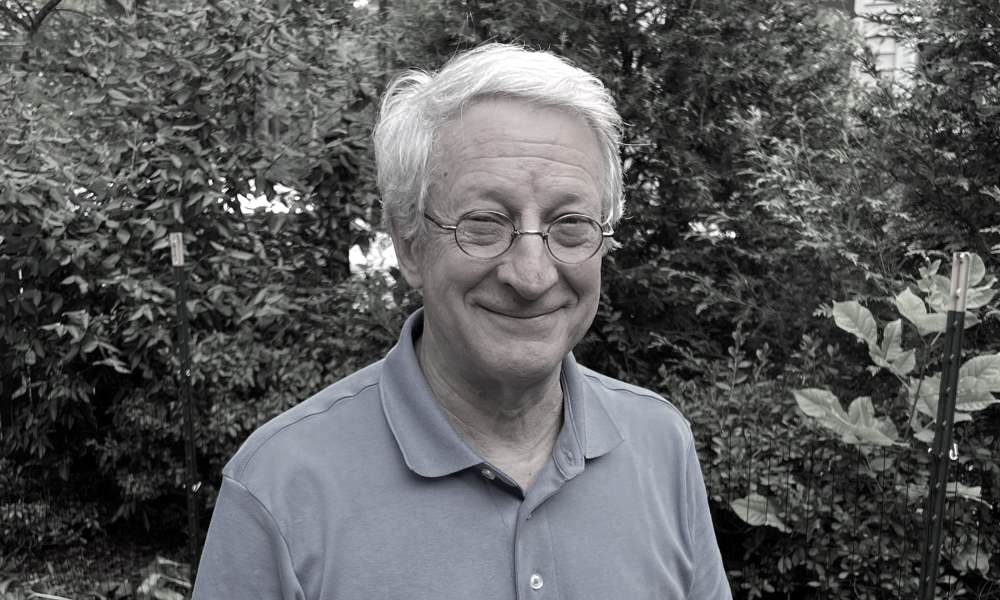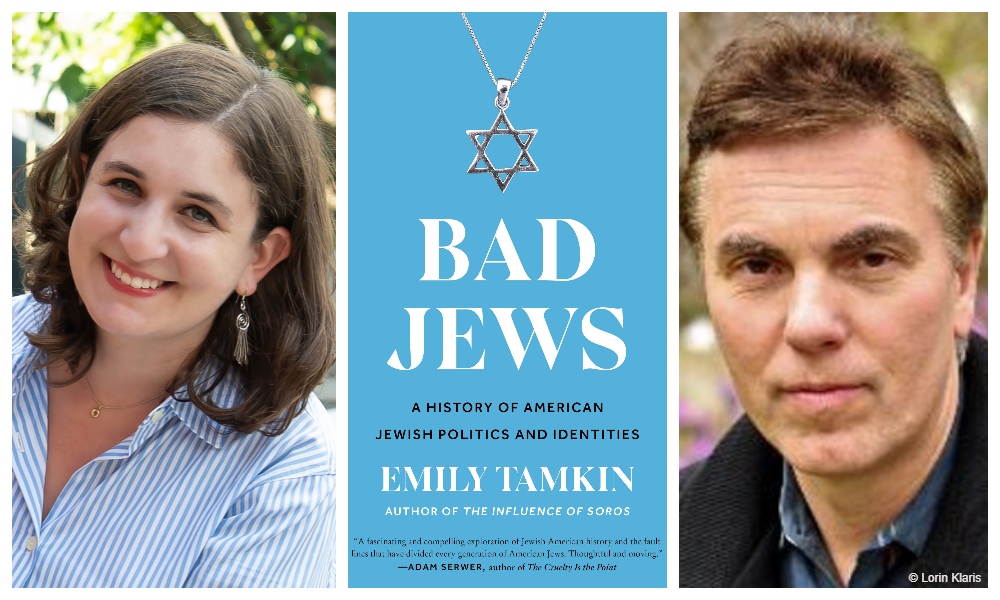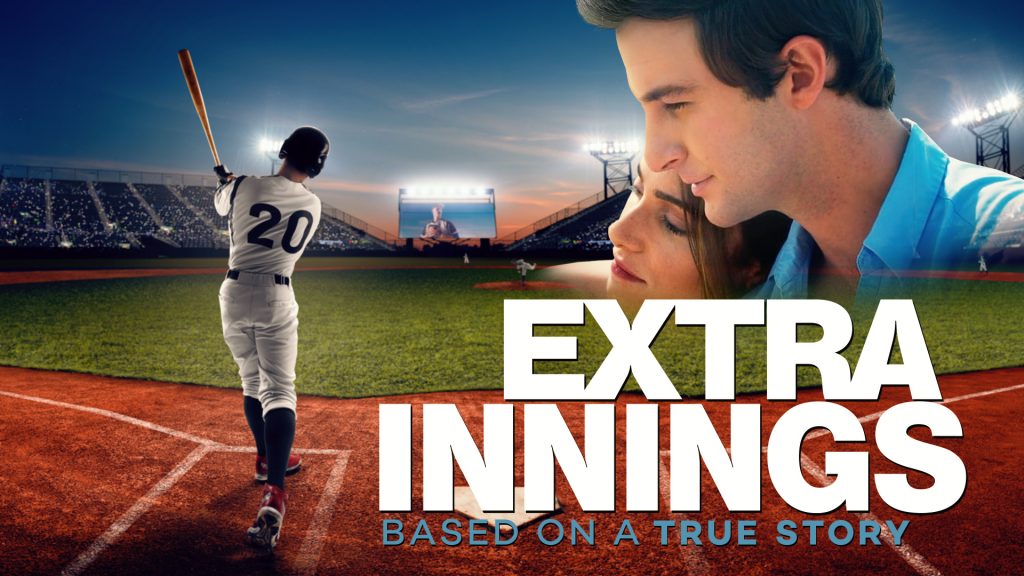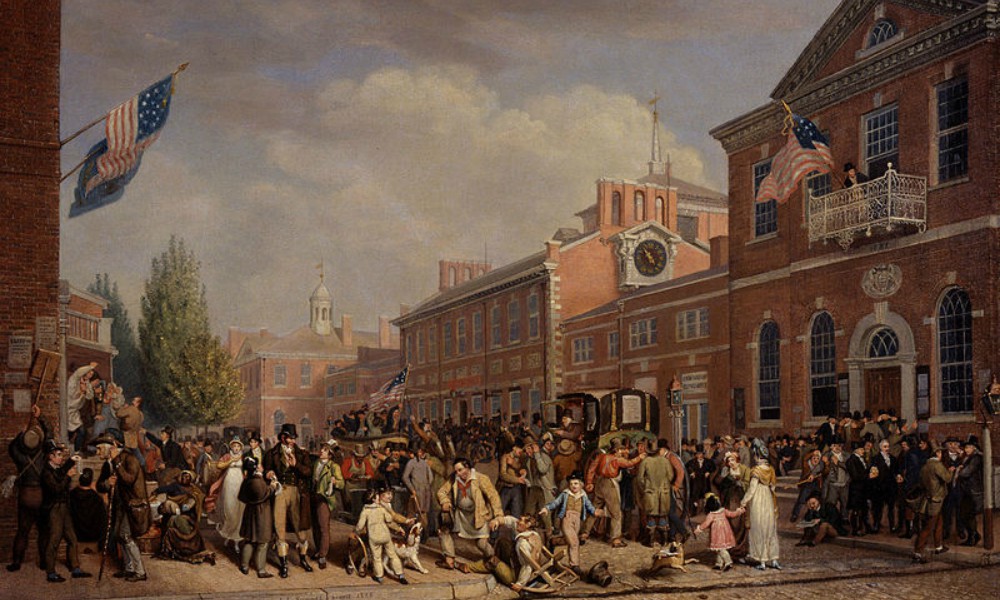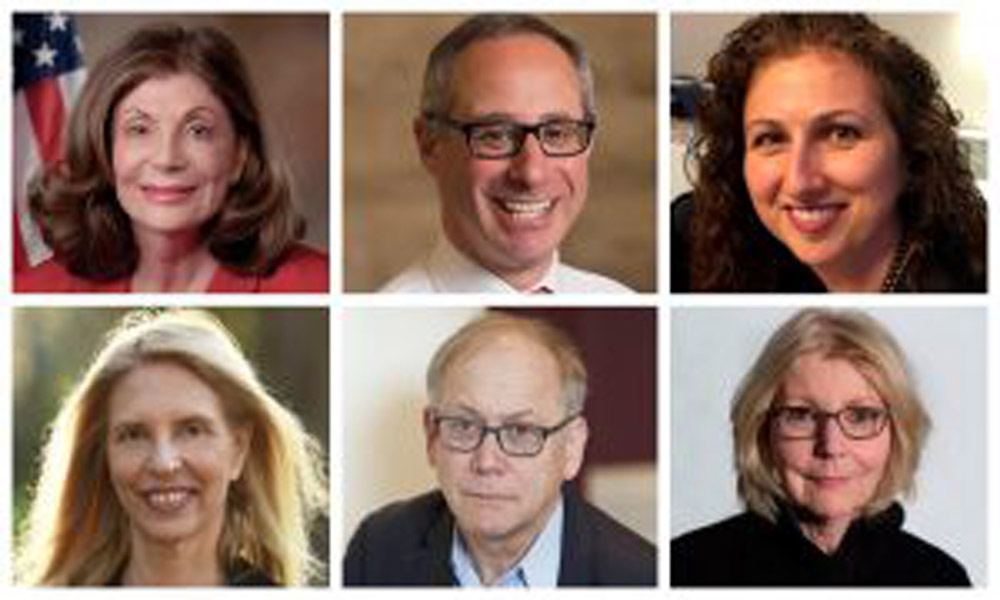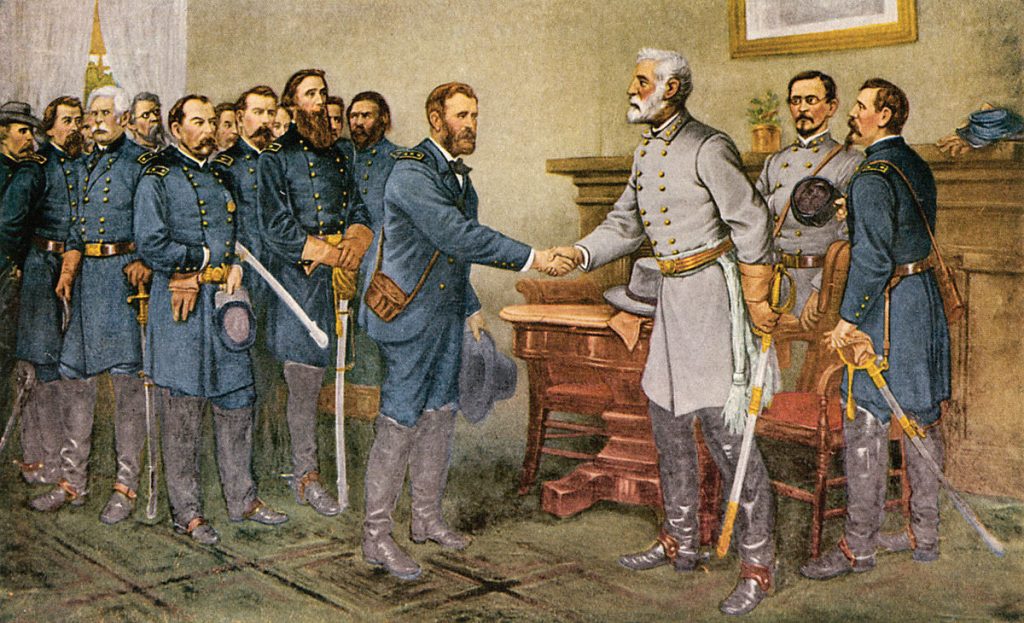Opinion | Yehuda Kurtzer On The New Jewish Divide
Yehuda Kurtzer, president of the Shalom Hartman Institute reflects on how the Jewish community may vote this presidential campaign season.
Interview | Franklin Foer on the Golden Age of American Jews
“I realized I needed to dig in and understand exactly what’s happening in the country.“
Jews & the Burden of Southern History
Jews were on both sides of the racist Wilmington Massacre of 1898, the only successful coup in United States history.
Wax, Hide, and Gall: Jewish Ancestral Crafts are Making a Comeback in the U.S.
Rachel Binstock says that the 39 melachot are what create the meaning of Shabbat, but it is rare for Jews to practice the original forms of labor during the other 144 hours of the week because modern technologies have made them mostly obsolete.
The Mensch in the Bench
As a septuagenarian, I now find myself contemplating the disposition of my mortal remains. Pondering this weighty issue prompted me to remember the especially fractious...
No, Jews Aren’t Being Erased—We’re Just Sharing the Pie
The numbers aren’t the problem with Savage’s argument: It’s the paranoid spin that’s unhealthy for the communal psyche.
Was ‘Mensch Mayor’ Steve Schewel Good for Durham’s Jews?
Former Mayor Steve Schewel may have turned Durham into a research and tech hub, but faced scrutiny from the city's Jewish community along the way.
Is There Such a Thing as a Bad Jew? The Confluence of American Jewish Politics and Identity with Emily Tamkin and Dan Raviv
Should Jews be considered “Good Jews” or “Bad Jews” based on their level of observance of Jewish holidays or their feelings about Israel or their political stance? Emily Tamkin, author of the new book Bad Jews: A History of American Jewish Politics and Identities, discusses how these terms have been weaponized against members of the community, what it means to be Jewish and the ever-changing American Jewish identity. In conversation with former CBS News correspondent and Moment contributor Dan Raviv.
When Baseball Was Too American for Jews
Albert Dabah, the writer and director of the truly wonderful drama Extra Innings, has delivered a heartrendingly personal portrayal based on his own life story.
Could Jews Vote in Early America?
Before 1776, each American colony had its own, uniquely phrased law about voter qualifications. Typically, white men over the age of 21 who owned 50 acres of land might vote, but the details varied by colony and were often a bit murky.
Jewish Political Voices Project – Swing States and the Jewish Vote
At a time when polls dominate, project founder Nadine Epstein and director Suzanne Borden review preliminary findings from Moment’s unique Jewish Political Voices Project, which has been following real people in real time in 10 swing states. We will also hear directly from participants including former Congresswoman Shelley Berkley from Nevada, Rabbi Dan Levin from Florida, Mark Goldhaber from North Carolina and Ruth Kantrowitz from Wisconsin. Also joining us is Chicago Sun Times Washington Bureau Chief Lynn Sweet.
Confronting Passover, 1865
By 1865, it seemed self-evident that American emancipation resonated with biblical emancipation in powerful ways. But it had not always been so: This new resonance of meaning captured the hearts of American Jews only during the vicissitudes of the Civil War. Before the Civil War, most American Jews did not oppose slavery. There were exceptions, but most Jews voted Democrat, and Democrats were tolerant of slavery. The anti-slavery parties were tarred with nativism, which was distasteful and threatening to a Jewish community composed largely of immigrants and first-generation Americans. And many, including such luminaries as the Reform rabbi Isaac Mayer Wise and the Orthodox rabbi Morris Raphall, considered acceptance of American slavery consonant with the Bible, which documents slavery and sets parameters for its practice within the Israelite community.

